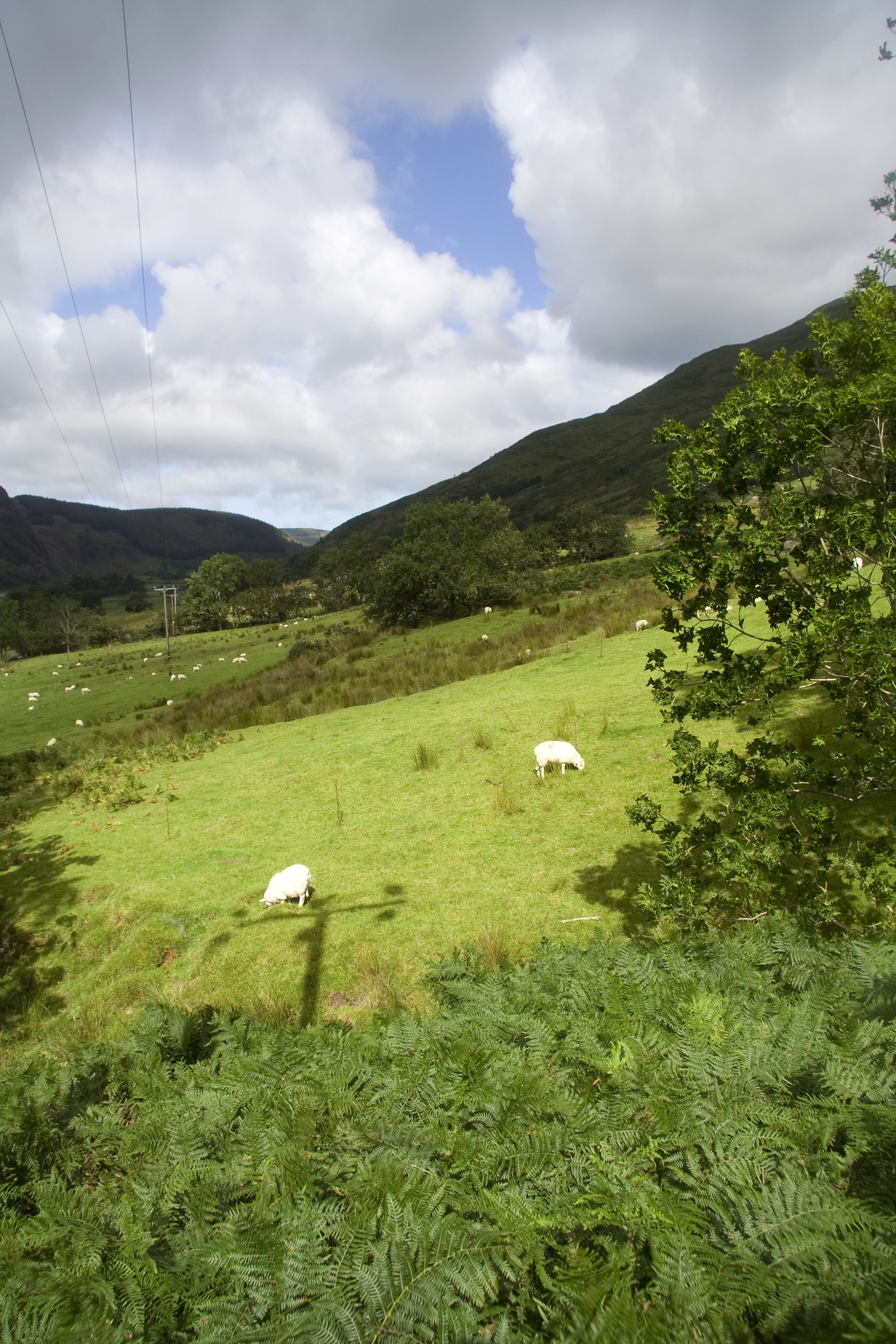Responsible sourcing program
 CARMO FOOD is committed to procuring products and services that
CARMO FOOD is committed to procuring products and services that
are from socially responsible, environmentally sustainable and economically viable sources. As a cornerstone of that commitment
we will pursue a Responsible Sourcing Program to promote the use
and marketing of economically, socially and environmentally
responsible food products.
- Economic -

We are committed to sourcing only food material that has been
produced, processed and traded in compliance with applicable
business, transport and trade legislation in the country where the
animal or food product was originally farmed, as well as along the
entire supply chain.
By applicable legislation, we refer to the following types of legislation
applicable to the farm establishment and management, transport and
trade of food products.
Land Tenure - Legislation covering land tenure rights that includes
the use of legal methods to obtain tenure rights.
Farm registration & management rights - Legislation covering land management rights including customary rights and any legal requirements for management planning. It also covers legal business registration and tax registration, including relevant legal required
licenses.
Payment of royalties and required fees - Legislation covering payment of all legally required commodity fees such as royalties and other volume based fees. It also includes payments of the fees based on correct classification of quantities, qualities and species.
Value added taxes and other sales taxes - Legislation covering different types of sales taxes which apply to the material being sold.
Income and profit taxes - Legislation covering different types of sales taxes which apply to the material being sold.
Trade and Transport - Legislation covering trading permits as well as legally required transport documentation.
Additionally, we are committed to taking all measures to avoid food material obtained from countries with sanctions imposed on food imports or exports by the UN Security Council or the EU Council.
- Social responsibility -

We are committed to upholding civil, indigenous and traditional rights.
We refer to the following indicators to identify business practices that
are socially responsible:
Legal Employment - Legal requirements for employment of personnel
including requirement for contracts and working permits, requirements
for obligatory insurances, requirements for competence certificates and other training requirements, and payment of social and income taxes withhold by employer.
ILO Fundamental Conventions are upheld - National and sub national laws and regulations incorporation of the ILO Fundamental Conventions. This is to ensure minimum employment requirements cover an observance of minimum working age, legislation against forced and compulsory labour, and discrimination and freedom of association etc.
Health and Safety - Legally required personnel protection equipment and safety requirements for machinery to be used. Legally required safety requirements in relation to chemical usage.
The rights of indigenous and traditional peoples are upheld - Legislation that regulates the rights of indigenous/traditional people as far as it is related to farm level activities. When no or inadequate legislation addressing the rights of traditional and indigenous peoples, their rights are still upheld
by the relevant farm operation(s).
If we become aware that any of these issues are breeched in our organization or by any of our suppliers,
we are committed to taking relevant steps to mitigate any such situation.
- Environmental responsibility -

We are committed to promoting responsible stewardship toward the environment and its natural resources. We are committed to reducing
the impact on the environment caused by our own activities or those activities carried out by our suppliers and sub-suppliers. We refer to the following indicators to identify business practices that are environmentally responsible:
Environment - Laws related to the identification and/or protection of environmental values including but not limited to those relating to water use, air and green-house gas emissions, chemical, fertilizer and pesticide use.
Protected sites and species – Laws (including international treaties) related to protected areas allowable forest uses and activities, and/or, rare, threatened, or endangered species, including their habitats and potential habitats.
New farms have not replaced natural forest or natural ecosystems since October 2009 – the baseline has been set at October 2009 to be aligned with the Zero Amazon Deforestation commitment establishment by JBS, Marfrig and Minerva in Brazil.
There is no commercial use of genetically modified organisms (GMOs) - Farms have not been planted with genetically modified commodities and/or GMO feed is not being used.
- Animal Welfare -

We are committed to safeguarding animal welfare through supporting responsible animal husbandry and transport practices. We refer to the following indicators to identify business practices that are safeguarding animal welfare:
Health - Nutrition, safety, health and medical care is managed
throughout the animal life cycle.
Well-being - Appropriate management conditions, infrastructure
and transport are used to ensure animal welfare is being maintained through no mistreatment, minimizing stress & suffering, supporting high reproduction quality care.
- Supply chain management and information -
We will ensure that information about suppliers and sources of material are evaluated and necessary information is collected in order to enable effective risk assessment.
- Risk assessment and mitigation -
 We will carry out risk assessment of all suppliers and supplies of food products in order to evaluate the risk that the material or products
We will carry out risk assessment of all suppliers and supplies of food products in order to evaluate the risk that the material or products
being sourced originate from an illegal source or have been illegally
traded and/or from animal welfare, social and environmental
negligent practices. In case risks are identified and cannot be classified
as negligible we will carry out appropriate risk mitigating actions in
order to avoid any potential risk.
- Monitoring and verification -
We will carry out applicable monitoring of internal systems and procedures. Access will also be made for external audits, as necessary
and applicable, in order to allow verification that the relevant systems are in place and being implemented according to the requirements of this policy.
- Certification -
Where possible we are committed to procuring food products that have been certified against an internationally recognized standard for sustainable farm management to ensure that the material originates from economically, socially and environmentally responsible practices.
- Continuous improvement -
We hereby commit to continuously improve the sustainability level of our sourcing by favoring stricter and more credible certification and verification standards and sourcing requirements and by avoiding
sourcing from unknown or unsustainable sources.
- Review and adaptation of policy -
We will ensure that this policy, and related documents, are reviewed every year and appropriately revised.
- Communications and stakeholders -
This Policy shall be available publicly and will be communicated to suppliers and interested parties.